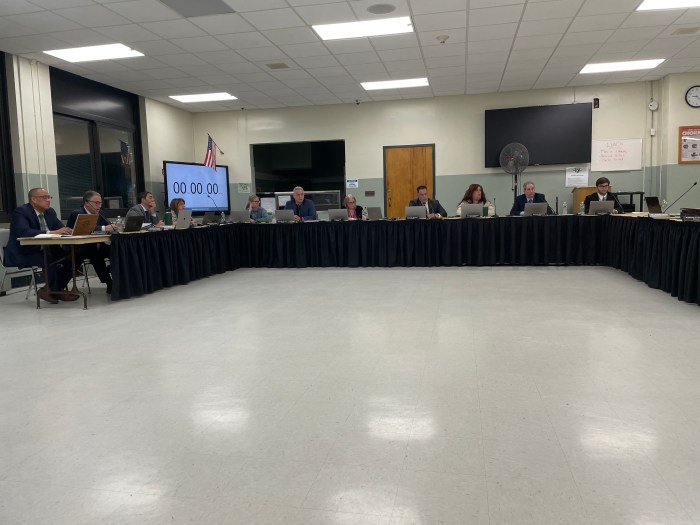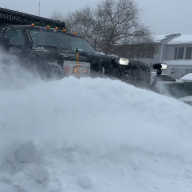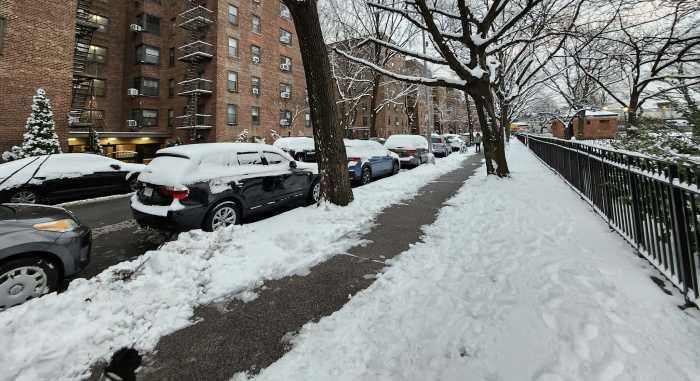State Sen. Monica Martinez announced on Wednesday, June 11, that the Senate has passed her proposed bill to require the state commissioner of taxation and finance to create special equalization rates to help fairly divide the school tax burden based on local property values on the Nassau-Suffolk border.
The bill would authorize local assessing jurisdictions in school districts that span multiple counties to challenge an equalization rate being applied to the other taxing jurisdiction. Martinez said these changes are intended to correct existing imbalances and help ensure that school taxes are distributed more fairly among property owners living in the same district but across county lines.
Two school districts, the Amityville and Farmingdale School Districts, take kids from both Nassau and Suffolk.
The state uses equalization rates to ensure that property taxes are distributed fairly, especially when school districts span multiple municipalities with differing property values. They adjust for variations in local assessments to allocate tax burdens equitably.
The discrepancy between the two counties was due to Suffolk recently updating its property assessments while Nassau did not.
The Amityville School District primarily serves Suffolk County, but a small portion of students from East Massapequa are zoned for the county as well. Suffolk residents in the Amityville School District faced a nearly $3 million increase.
Most of the Farmingdale School District is zoned within Nassau County, but parts of East Farmingdale, which lies in Suffolk, also attend Farmingdale schools.
In Farmingdale, the result was an estimated $5 million increase in the school tax burden for Suffolk homeowners, while Nassau residents saw their share drop by about $1 million.
Farmingdale Board of Education Trustee Gavin Rogers mentioned this at the school’s board meeting in April, causing him to vote against the district’s adopted budget.
“Homeowners shouldn’t face significantly higher school taxes just because of which side of a county line their property is on,” Martinez said. “This bill provides a clear directive to establish more accurate and timely equalization rates, helping restore fairness for taxpayers.”
State Assembly Member Kwani O’Pharrow said it’s time for a solution across county lines.
“No family should bear an unfair burden simply because their county updates property assessments more responsibly,” he said. “The recent surge in school taxes for Suffolk County residents highlights a broken system — one where outdated assessments in neighboring Nassau shift millions in tax responsibility onto Farmingdale and Amityville homeowners.”
According to the Town of Babylon, in December 2024, Suffolk County residents in the Farmingdale and Amityville school districts saw their school tax bills surge by up to 17%, while Nassau residents saw little to no increase.
Babylon Town Supervisor Rich Schaffer thanked the lawmakers for their efforts in fighting what he calls “accountability and relief.”
With the Senate’s approval, the legislation now awaits a vote in the Assembly. If it is passed and signed into law by the governor, the change would take effect immediately.

































